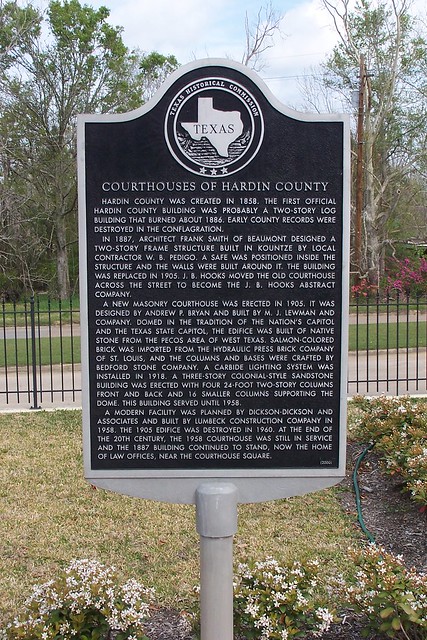 A Texas judge has ruled on the case of the Texas cheerleaders who were using banners with Christian Bible verses on them at football games at their public high school. Lawyers for the cheerleaders argued that the messages on the banners were examples of private religious speech: that the cheerleaders made them off campus and that the banners reflected their private religious beliefs. In other words, the argument goes, banning the cheerleaders’ signs amounts to an infringement on their religious freedom. The argument against the signs is that when cheerleaders are wearing their school uniforms, on school property, at school games, they are representatives of the school, no longer merely private citizens. At publicly-funded high schools, representatives should not engage in religious speech, especially religious speech that privileges one religion over another. For this reason, the superintendent of the school district had banned cheerleaders’ use of the signs.
A Texas judge has ruled on the case of the Texas cheerleaders who were using banners with Christian Bible verses on them at football games at their public high school. Lawyers for the cheerleaders argued that the messages on the banners were examples of private religious speech: that the cheerleaders made them off campus and that the banners reflected their private religious beliefs. In other words, the argument goes, banning the cheerleaders’ signs amounts to an infringement on their religious freedom. The argument against the signs is that when cheerleaders are wearing their school uniforms, on school property, at school games, they are representatives of the school, no longer merely private citizens. At publicly-funded high schools, representatives should not engage in religious speech, especially religious speech that privileges one religion over another. For this reason, the superintendent of the school district had banned cheerleaders’ use of the signs.
The judge came down on the side of the cheerleaders, temporarily prohibiting the district from banning the signs and setting a trial date for next June. For the rest of this school year, the cheerleaders can use their signs at school sporting events, displaying verses from the Christian Bible. This decision raises several questions that might shed some light on whether the students’ actions are really private or whether they are, in fact, public. How would Muslim, Jewish, Hindu, or atheist players and their families feel at games where these banners are used? Do the signs make them feel less welcome at the school and its sporting events, as less valued members of the community that—by law—is also theirs? What if cheerleaders or players at another school in the district made and displayed banners with quotes from the Quran? Would that also be seen as acceptable?













While this temporary injunction isn’t the final decision on the case it is troubling nonetheless because it mangles the distinction between public and private practices. Essentially we are being told that only the private religious sentiments that provided the impetus to create the banners should be counted as “religious.” The banners themselves have no significance apparently, nor do the bodies holding them up (nor the garb adorning them), nor the location or exact moment of their display. It’s interesting of course that while the judge is apparently leaning this way, the cheerleaders themselves seem to understand the fact that they are not just expressing their personal religious convictions but are performing religious obligations in a public setting. In this news video one of them says, “And as Christians not only is it our right, it is our job, it’s our duty as Christians to share the word with other people” (http://www.youtube.com/watch?v=1F2613JfqIo). When this Christian “duty” to evangelize is performed in a public space, during an official school event, by representatives of the school (who are clearly demarcated as such by their special position on the field and their official garb) while utilizing material objects with religious value, it simply cannot be chalked up to the right of individuals to hold private religious sentiments. Doing so is to pretend that material objects have no religious (or secular) value, that space has no secular (or religious) value and even worse that ritual doesn’t exist.